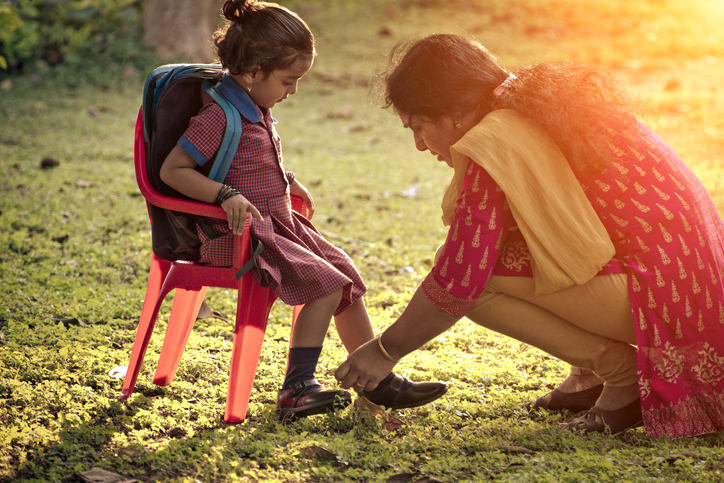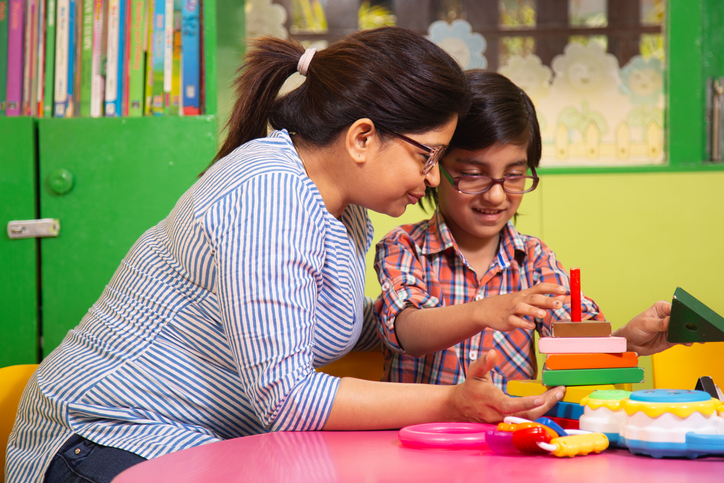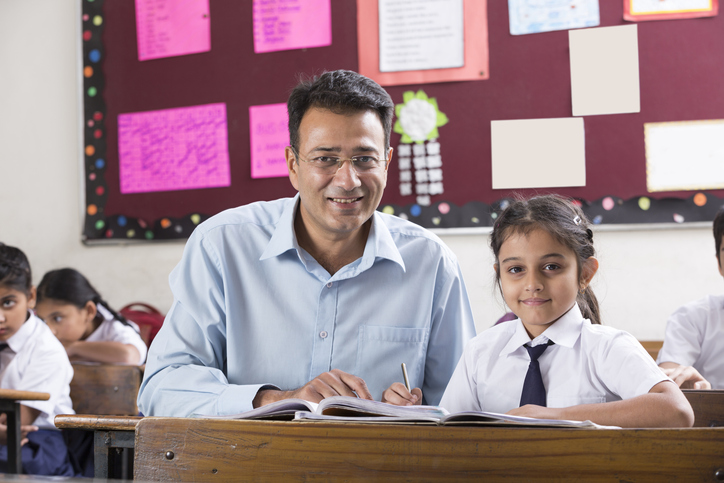+919663974006
School Readiness Program
A school readiness program is an educational initiative designed to prepare young children for a successful transition to formal schooling, typically kindergarten or preschool. These programs aim to foster the cognitive, social, emotional, and physical development of children so that they enter school with the skills and knowledge needed to thrive academically and socially. Here are key aspects of a school readiness program:
Age Group: School readiness programs primarily target children between the ages of three and five, although they may extend to slightly younger or older children depending on the program's goals and curriculum.
Early Learning: These programs provide a structured and developmentally appropriate early learning environment that focuses on building foundational skills in areas such as literacy, numeracy, and language development.
Holistic Approach: School readiness programs take a holistic approach to child development, recognizing that readiness for school encompasses cognitive, social, emotional, and physical domains.
Cognitive Skills: Children are exposed to activities that promote cognitive development, including pre-reading and pre-math skills, problem-solving, critical thinking, and early literacy and numeracy concepts.
Social and Emotional Development: Programs often emphasize social and emotional skills, including cooperation, empathy, self-regulation, and effective communication. These skills are crucial for forming positive relationships with peers and teachers.
Language Development: A strong emphasis is placed on language development, including vocabulary expansion, listening comprehension, and expressive language skills. This helps children communicate effectively and engage in classroom discussions.
Play-Based Learning: Play is an essential component of school readiness programs. It allows children to explore, experiment, and learn through hands-on activities and social interaction.
Parent Involvement: Many school readiness programs involve parents or caregivers in their child's learning process. This can include workshops, home-based activities, and information on how to support learning at home.
Assessment and Monitoring: Educators and program staff often assess children's progress to identify areas where additional support may be needed. This can inform instruction and interventions.
Transition Support: School readiness programs may offer support during the transition to formal schooling, including school orientation, parent-teacher meetings, and assistance with registration.
Inclusivity: Programs aim to be inclusive and accommodate the diverse needs and backgrounds of children and families.
Cultural Sensitivity: Recognizing cultural diversity and respecting the cultural backgrounds of children and families is essential in school readiness programs.
Community Collaboration: Many school readiness programs collaborate with community organizations, early childhood centers, and schools to create a seamless transition from early childhood education to formal schooling.
Assessment Tools: Standardized assessment tools may be used to evaluate children's school readiness and identify areas of growth and development.
School readiness programs play a vital role in preparing children for educational success and ensuring that they have a positive start to their academic journey. These programs can help reduce achievement gaps and provide all children with a strong foundation for future learning.



